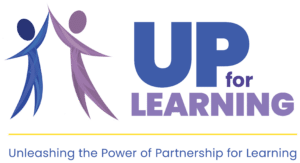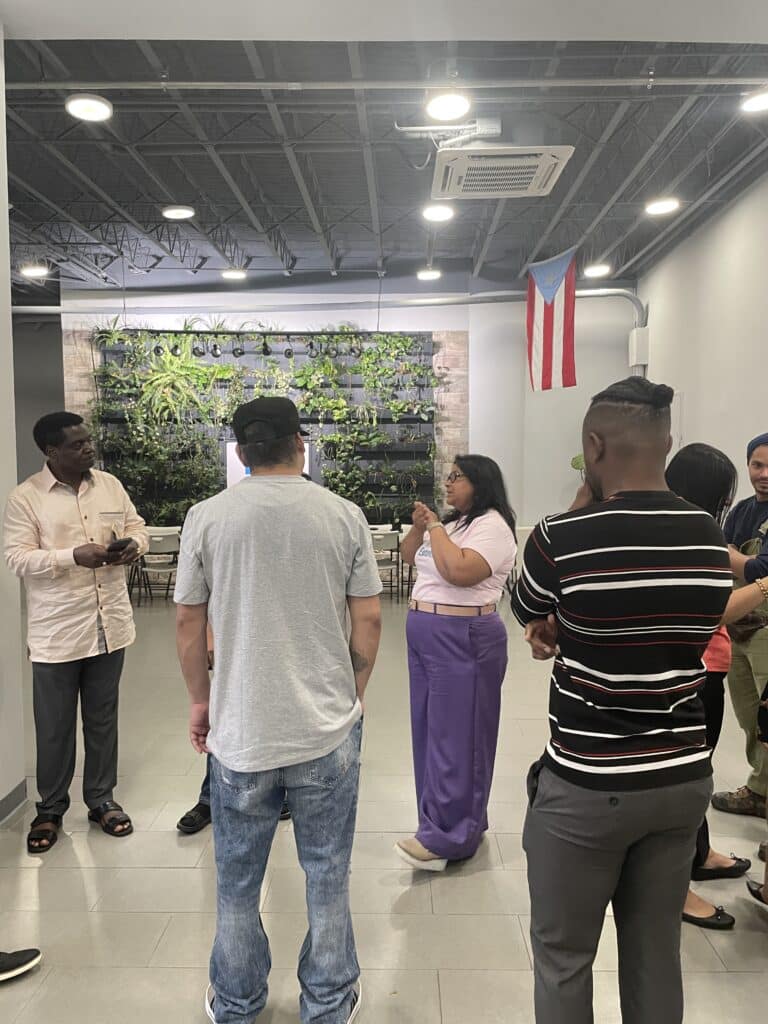 During the first week of April, UP for Learning Executive Director Lindsey Halman, Program Director Jackie Verley, and Youth Program Specialist Maisie Franke attended the Third World Conference on Transformative Education (WCTE), hosted by the Global Institute for Transformative Education. The conference was held this year at the University of Puerto Rico – Rio Piedras in San Juan. This year’s theme was “Transformative Education in the Americas.”
During the first week of April, UP for Learning Executive Director Lindsey Halman, Program Director Jackie Verley, and Youth Program Specialist Maisie Franke attended the Third World Conference on Transformative Education (WCTE), hosted by the Global Institute for Transformative Education. The conference was held this year at the University of Puerto Rico – Rio Piedras in San Juan. This year’s theme was “Transformative Education in the Americas.”
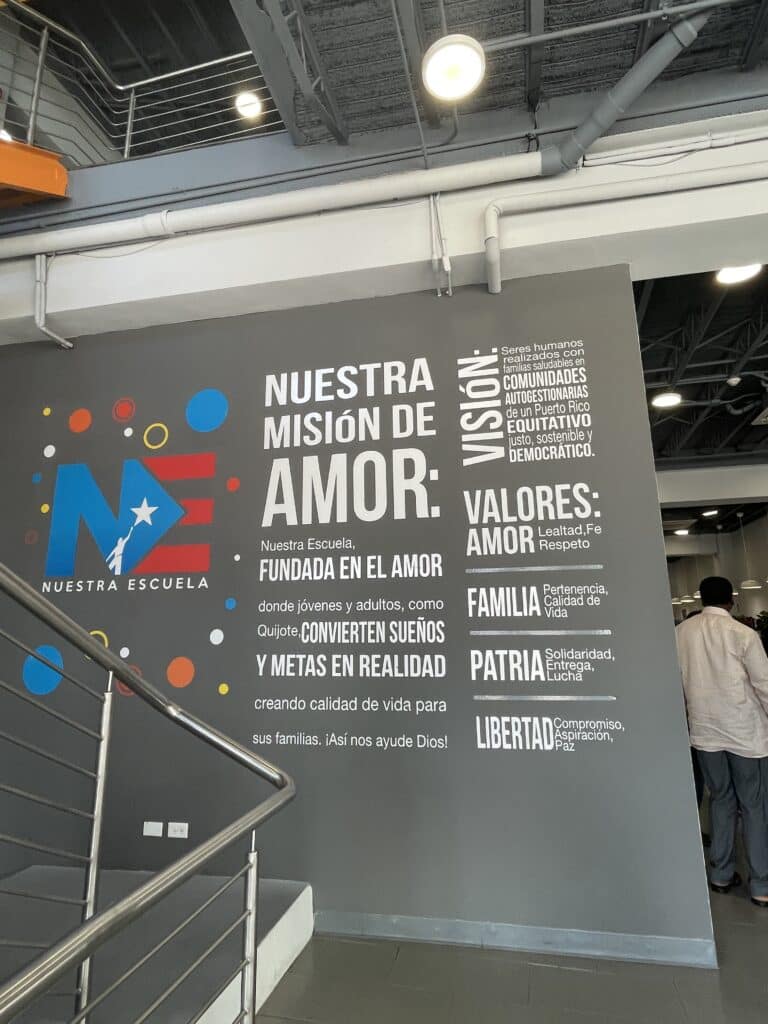
A few years ago, Lindsey met two of the conference conveners, Justo Méndez Arámburu and Ana Yris Gusmán Torres co-founders of Nuestra Escuela Puerto Rico at the convening of the North Dakota Study Group, an organization dedicated to just, democratic high quality education. She heard them speak about education as freedom and liberation, and the work that they have done at their school, Nuestra Escuela. There, they embrace many of the goals that strong and effective school communities strive for, such as personalized and project-based learning, and the conference invitation speaks to these goals as well:
“Most of the current education systems are far removed from the socioeconomic and political realities of the Americas. They are the legacies of European colonial rules that are antiquated, even in Europe, and can neither effectively solve current problems in the Americas nor help speed up its socioeconomic growth and ensure its political stability. There is, therefore, a need to foster an inclusive and equitable society, moving away from educating children just for basic literacy and numeracy skills, to providing them world-class education for interconnected competitive global economies. Such a move will require a quasi-volte-face shift in how we rethink school curriculum, pedagogy, leadership, and research.”
Around the world, education is freedom, education is life. In the United States, we often seem to take the opportunities education provides for granted. In other parts of the world, it is life, it is health. The conference itself was held primarily in Spanish, because in Puerto Rico, speaking Spanish is a form of resistance. Lindsey remarked on this and other aspects of the decolonized conference structure, and found it to be powerful and profound. She also remarked on the strong connection to place expressed by the Puerto Rican people.
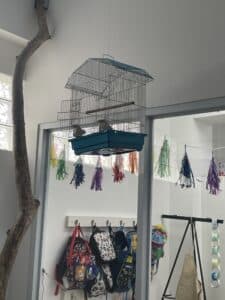
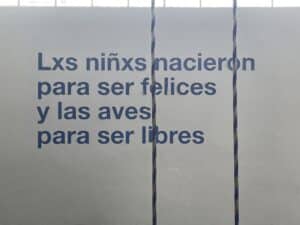
“Children were born to be happy and birds were born to be free.”
Lindsey, Jackie, and Maise delivered a workshop entitled, “Youth and Adults Transforming Education Together: Building Understanding and Support for Youth and Adults Working Together as Full Partners in Learning, Wellness, and Change.” The interactive workshop focused on the why, what and how of youth-adult partnership. Participants in their workshop came from many different settings and generations, and the presentation sparked great conversations and connections.
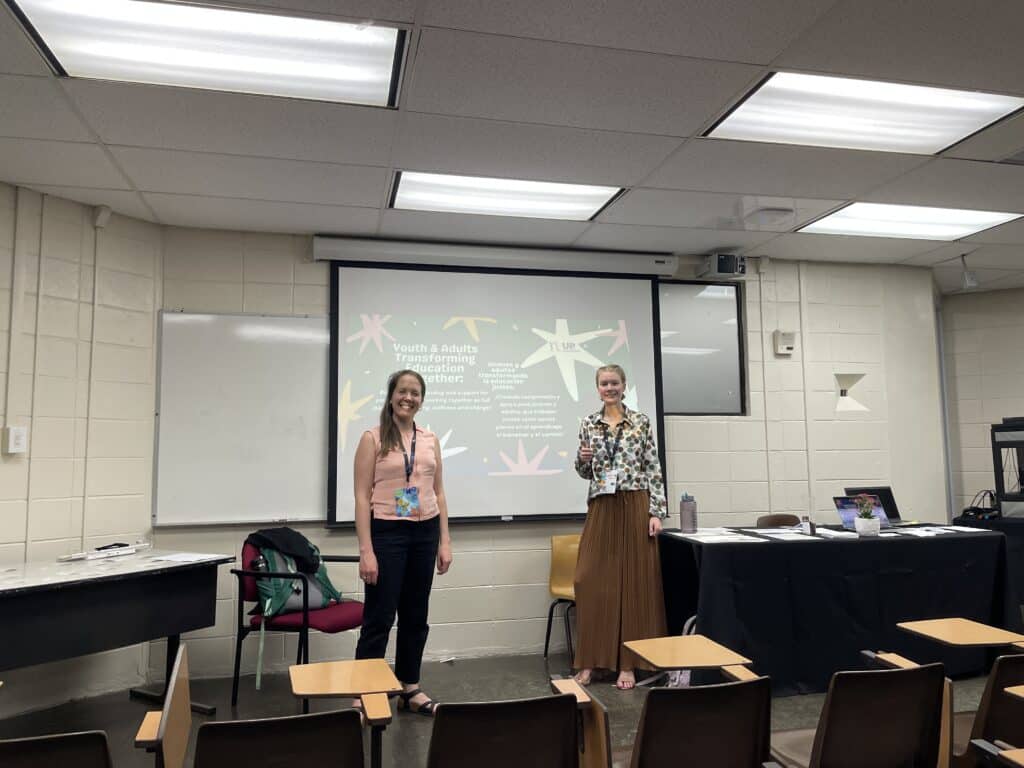
On Wednesday, April 3rd, alongside other conference participants, they visited Nuestra Escuela, situated in the small city of Caguas. The school was founded on the idea of supporting young people who have not finished high school or who have dropped out to complete their education and to enter into career pathways. It also has a PK-6th grade school, Nuestra Escuelita, that feeds into the secondary school. Nuestra Escuela is a model of how one can build a school centered on love. Lindsey remarked on the connection between physical space and education; the school has four urban gardens throughout the city that provide many avenues for learning, food systems and healing. They saw learning in action in the different pathways that youth can explore such as fashion design and urban gardening. Like UP’s Cultivating Pathways to Sustainability program, the school uses the United Nations Sustainable Development Goals to guide its focus, stressing that they should be based on the particular needs of their community.
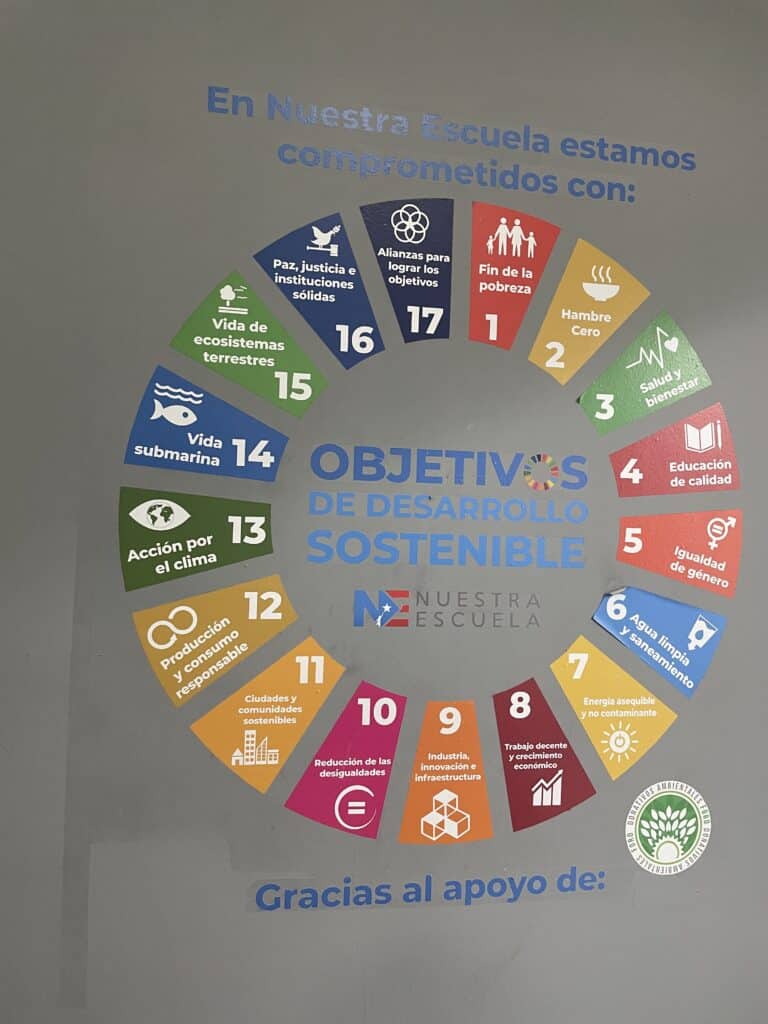
Youth Program Specialist Maisie Franke remarked, “One of my highlights was getting to meet people from all over the world who are all super committed to this work. It felt validating. We were presenting on ways to rethink education and so many people at the conference are aligned with what we are doing… it’s not a solo effort, but they are going at it in different ways. Another highlight was visiting Nuestra Escuela; I was amazed by the physical building itself, and how it was created in a way that’s so conducive to student learning. I was thinking about what an impact physical space and layout has on a learning environment, and its power dynamics. Are we sitting in a circle? Or rows? How are classes being led? It’s hard to imagine different possibilities sometimes, and seeing an example of it going really well was inspiring.”
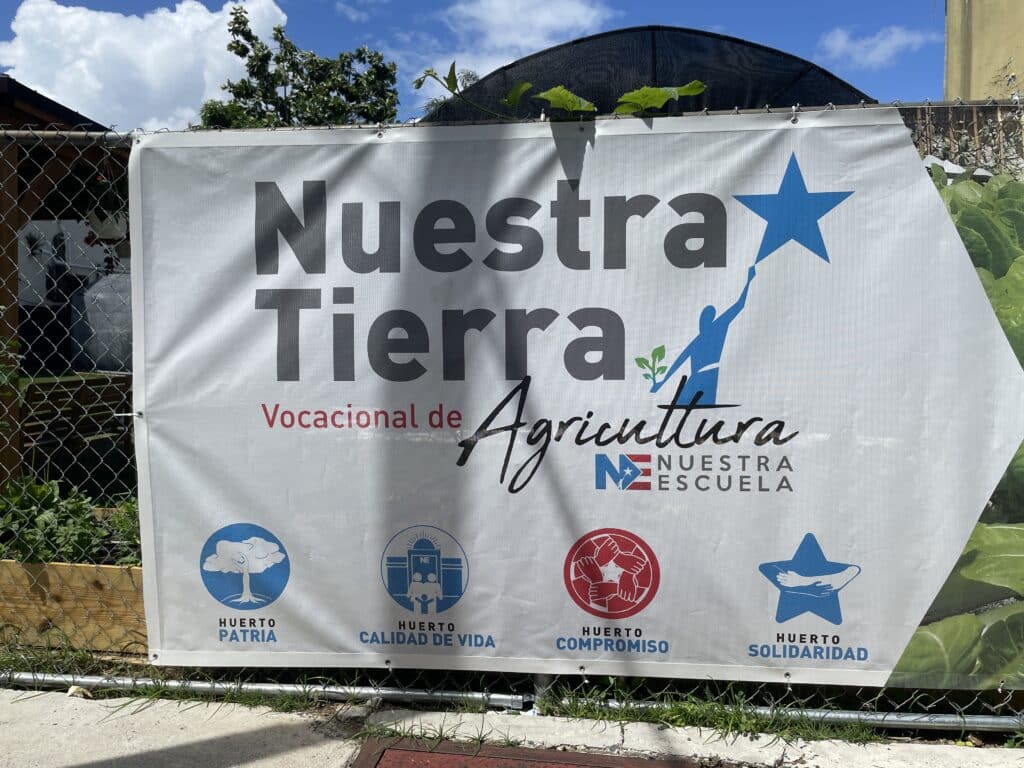
Lindsey reflected, “For us, it validated the work that UP for Learning does with schools: education in community, healing, liberation, intergenerational relationships, and how we can come together to address local issues. We also have a lot to learn from Puerto Rico, and this was just the start.”
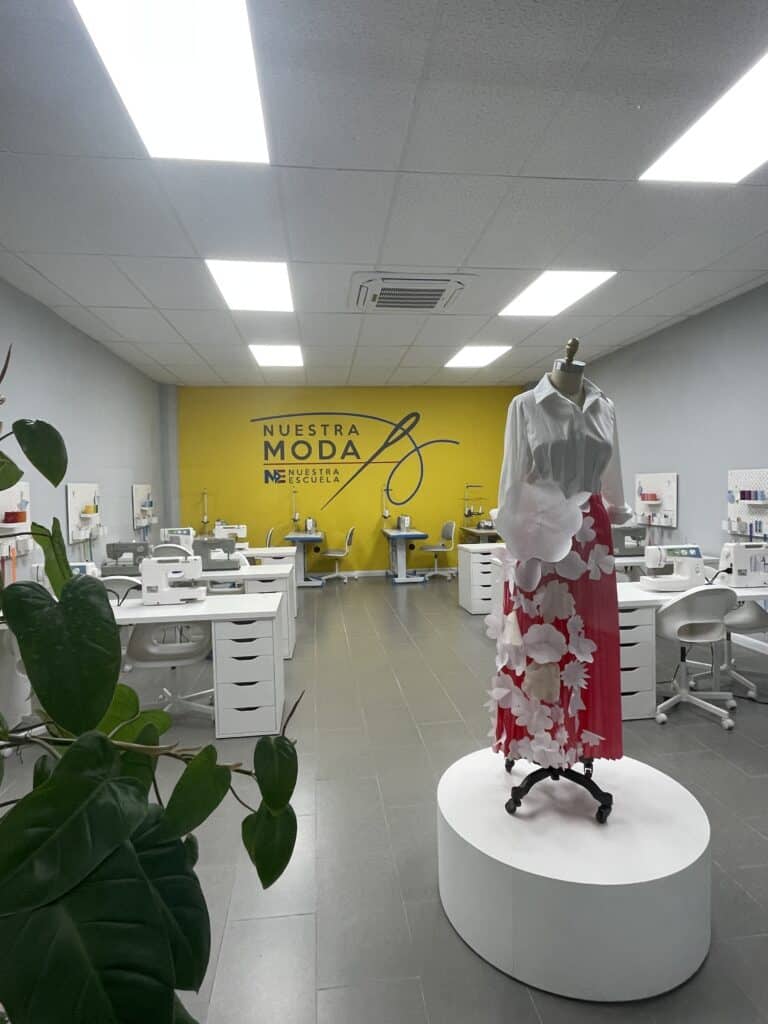
Finally, Program Director Jackie Verley remarked,“I enjoyed hearing from so many other people who are deeply committed to equitable education for young people around the world. Hearing both their dreams and challenges based on their unique situation and geographic location was eye-opening and left me with more questions that I will continue to ponder. Visiting Nuestra Escuela and seeing what school can be when it is based on the interests of youth and rooted in collaboration gave me a whole new perspective on what is possible when we talk about education.”
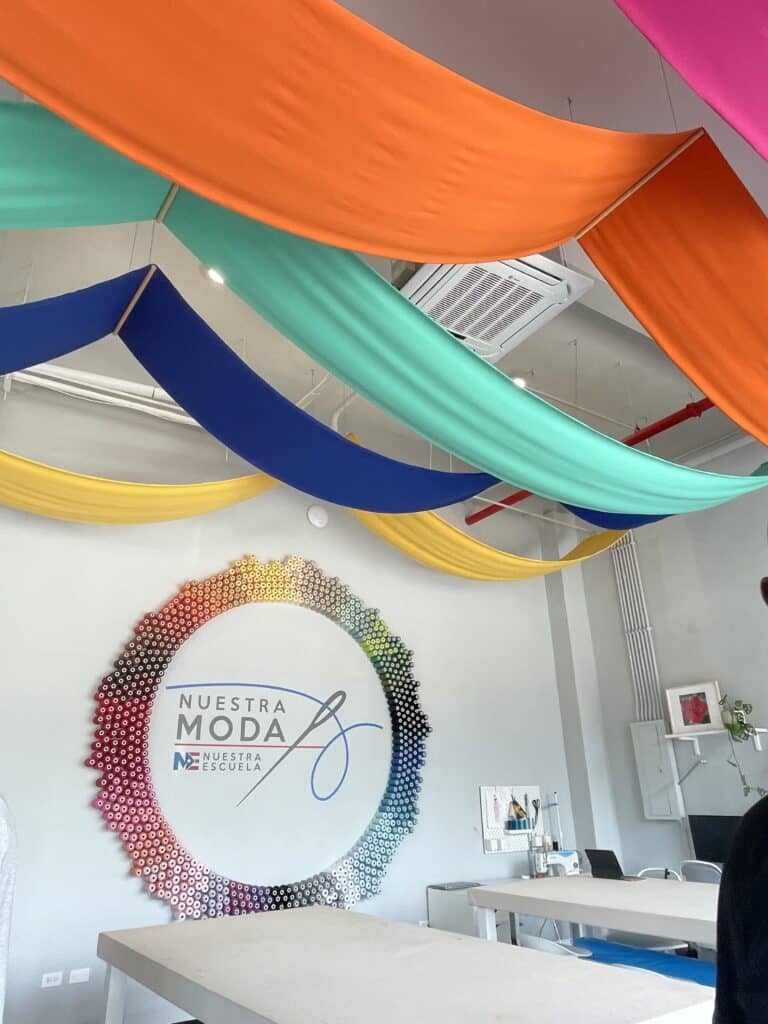
The UP for Learning team was thrilled to be a part of this global conference. They are excited to build on the many connections they made with educators around the world, as well as apply what they learned to the school communities they work with.

